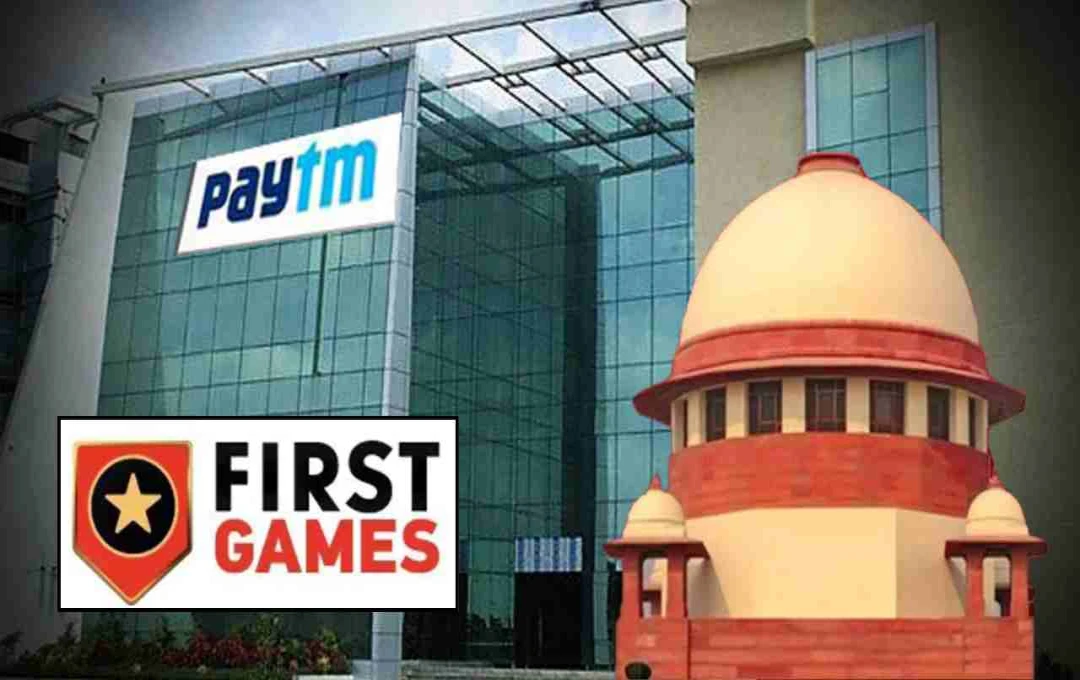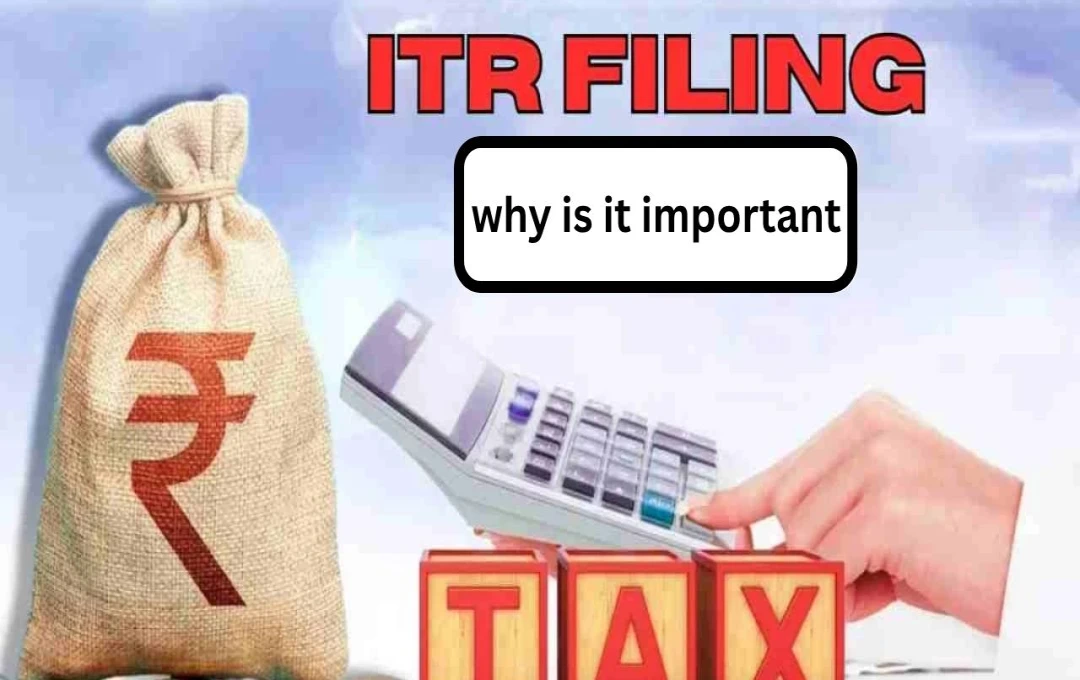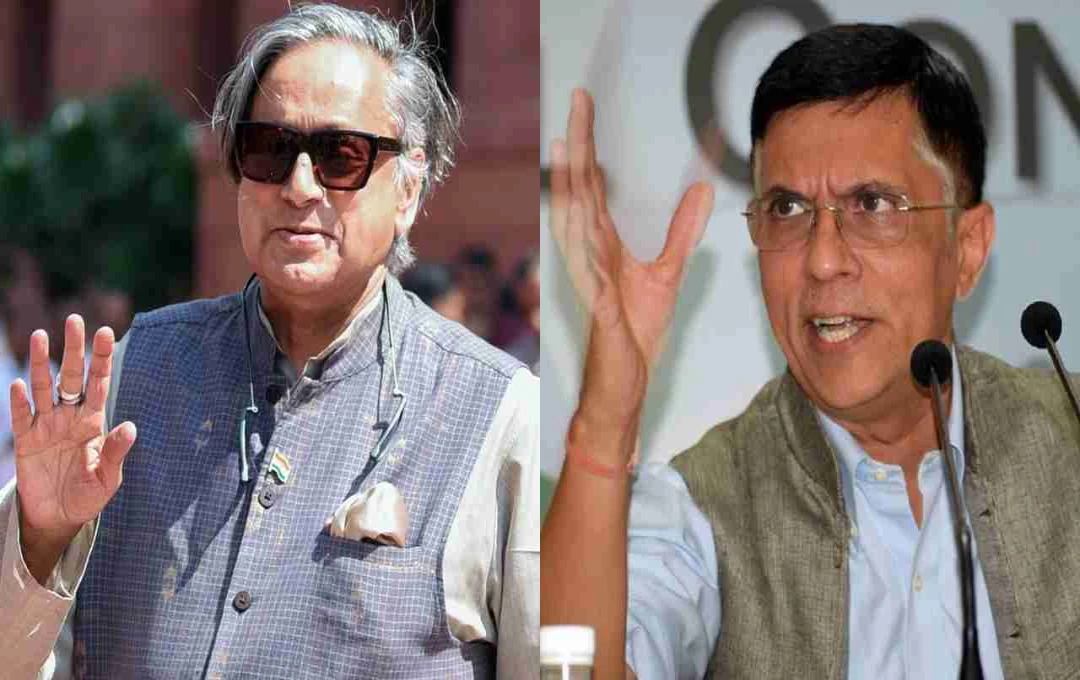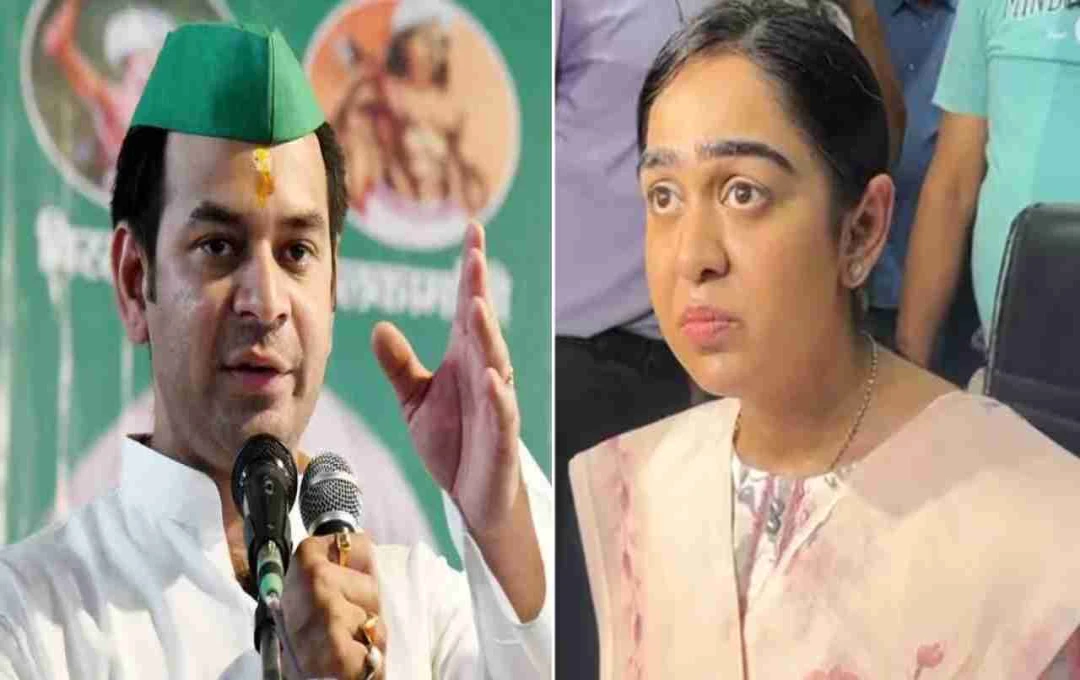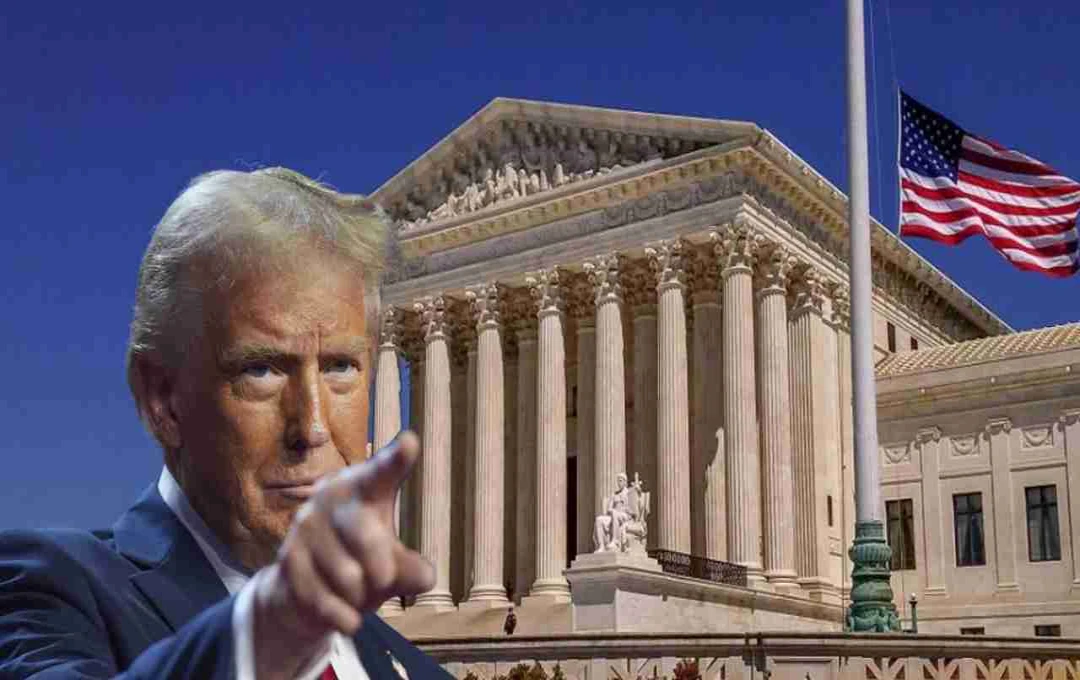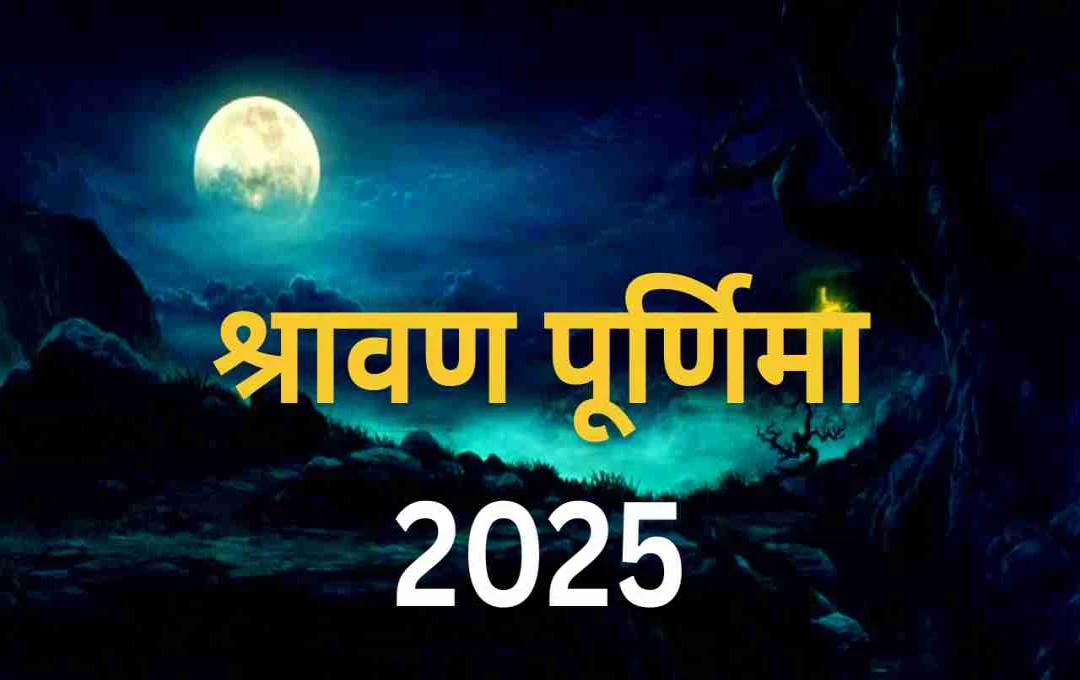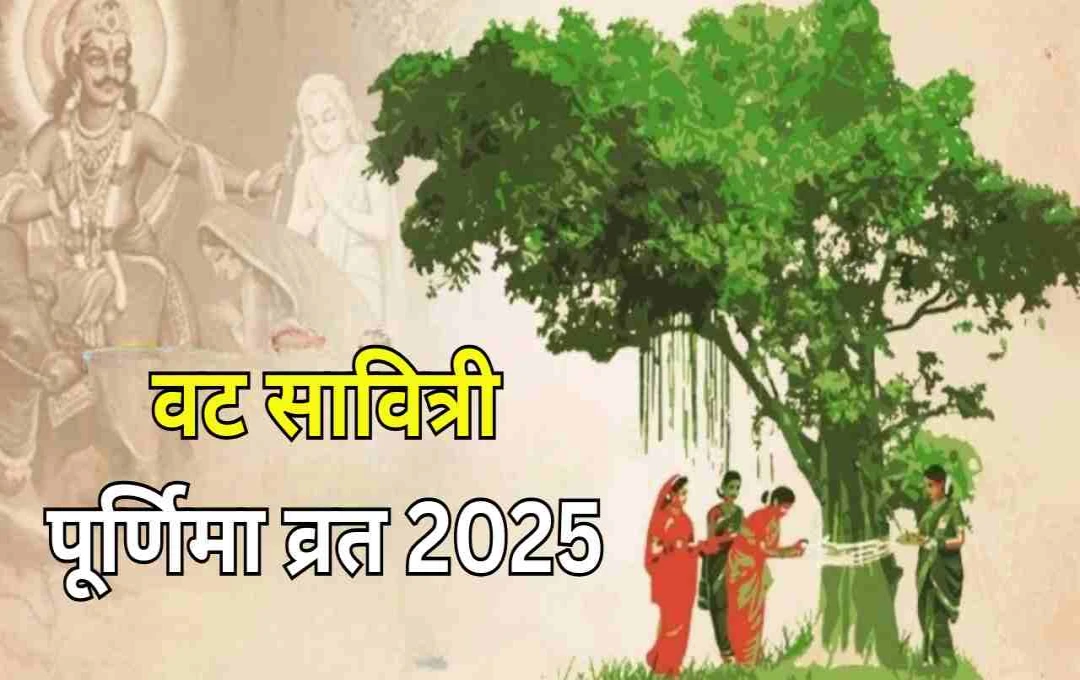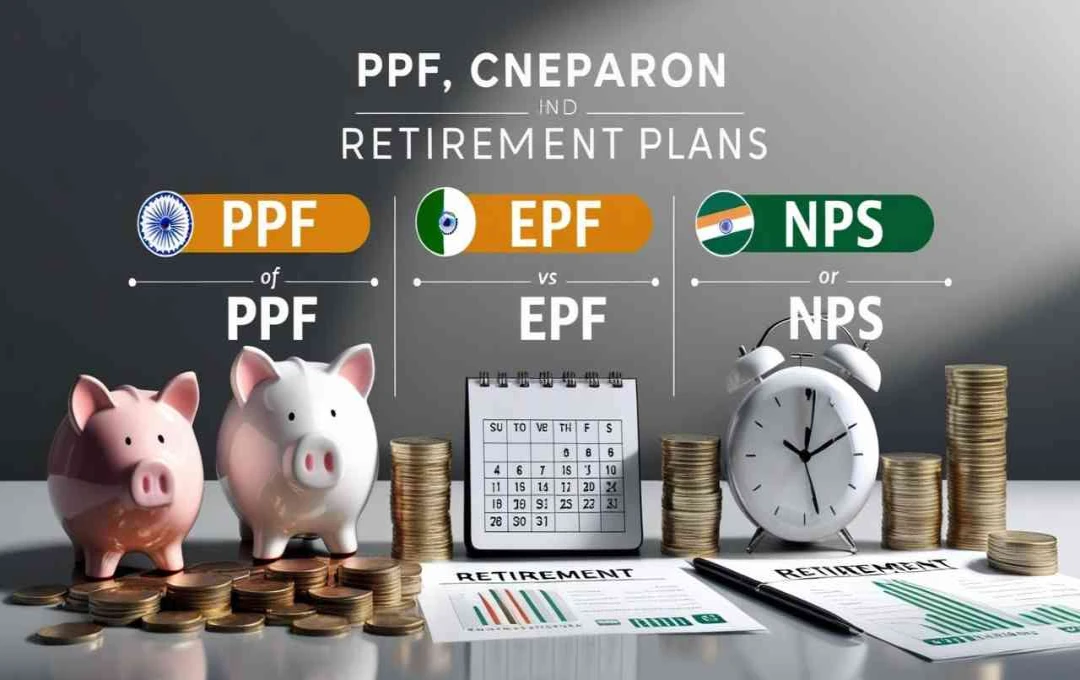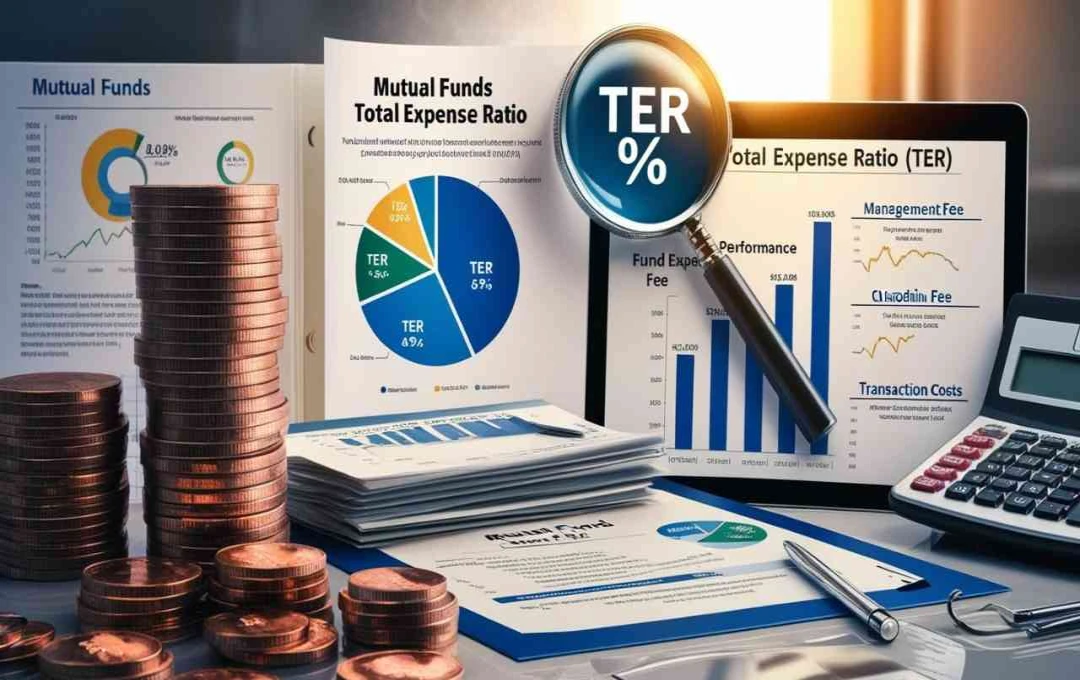Paytm has received significant relief from the Supreme Court. The court has temporarily stayed a ₹5,712 crore GST notice issued to its parent company, One97 Communications Limited (OCL), concerning real-money gaming platforms.
Paytm GST Notice: Amidst the tax department's strict measures regarding the online gaming industry, One97 Communications Limited (OCL), Paytm's parent company, has received major relief from the Supreme Court. The court issued a stay order on the ₹5,712 crore GST notice issued to Paytm First Games, the company's gaming branch. This decision, delivered on May 24, 2025, provides the company temporary respite from a significant legal entanglement.
What is the issue?
Investigations into tax evasion allegations against online gaming platforms across the country are underway. The Directorate General of GST Intelligence (DGGI) has issued 71 show-cause notices so far, alleging tax evasion of approximately ₹1.12 lakh crore. One of these notices was issued to Paytm's gaming unit.
This notice, issued in April 2025, invoked various sections of the CGST Act, UPGST Act, and IGST Act. The DGGI claimed that First Games had not accounted for GST at the rate of 28 percent on the total entry fees received from online gaming, constituting a serious case of tax evasion.
Company's Response: Industry-wide Issue, Not Solely Focused on Paytm

One97 Communications clarified in its explanation that this tax dispute is not limited to First Games but is an issue concerning the entire gaming industry. The company states that there is a difference of opinion regarding the basis of GST calculation—whether the tax should be levied on the gaming platform's margin or on the total entry fee.
The company stated that the matter is now before the Supreme Court, which has passed a stay order in their favor. This means that no action can be taken on the notice issued by the DGGI until the court delivers a final decision on the main issue.
What does the law say?
The DGGI argues that online real-money gaming is a "service" subject to GST at a rate of 28 percent. However, the industry contends that the tax should be calculated on net revenue (i.e., margin), not on the total amount deposited by the user. This difference creates a significant discrepancy in tax amounts, running into crores of rupees. For example, if a user pays an entry fee of ₹1,000 and the company earns a margin of ₹100, the company wants the tax to be levied only on ₹100, not on the entire ₹1,000.
Supreme Court Order: Stay on Action Until Hearing of the Main Petition
The Supreme Court ordered a stay on any proceedings against First Games related to the GST notice until the final hearing and decision on the main petition. This order could provide relief not only to Paytm but also to the entire industry, as this case could set a precedent.
What is the way forward?

- The Supreme Court will now interpret the GST rules applicable to the online gaming industry, determining the basis for tax calculation.
- If the court rules in favor of the DGGI, Paytm and other gaming companies may have to pay thousands of crores of rupees in taxes.
- Conversely, if the industry's argument is accepted, this decision could provide relief to the entire digital gaming sector, and the government would need to clarify the regulations.
